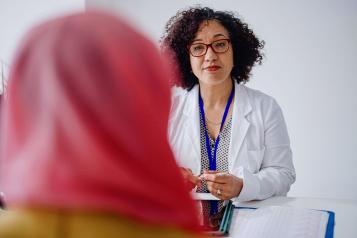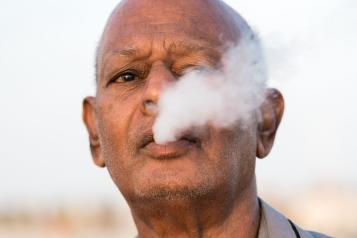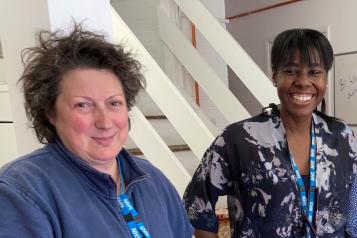How Healthwatch is helping increase uptake of cancer screening services

Health professionals responsible for screening services wanted to understand why participation rates were low and how they could make screening services easier for people to use. They asked Healthwatch for help.
We spoke to 362 residents from communities experiencing health inequalities about their experiences of cancer screening services. We also gathered views from 74 residents via an online survey and at community events. We shared what we learned with key decision makers.
Some of our findings
- Feedback on breast and cervical screening demonstrated the importance of a warm, friendly welcome from practice staff and the provision of clear information about the screening process and its benefits. This was particularly important if the patient was feeling nervous or anxious and was a significant factor in defining the patient experience.
- When providers failed to offer clear information, this was sometimes due to a failure to offer interpreting.
- Patients valued being shown how to check for breast masses.
- People who were sent a home testing kit for bowel cancer but didn’t use it either found the testing process distasteful, found it impractical, didn’t get enough information, or did not understand what the home testing kit was.
- Some residents needed language support from either a community organisation or a family member to use the home testing kit. Those without recourse to this support may struggle to use the kit or to understand the benefits of doing so.
What difference will this make?
Colleages working for Public Health found our report on cancer screening services very helpful. They’ve drilled down further into data about uptake and are developing a model of ‘call and recall’. This means they will be proactively phoning residents who are not attending appointments and/or not using home testing kits to provide clear information whilst talking through the benefits of cancer screening.
"Modesty is so much a part of my culture and I find it hard to overcome years
of conditioning about certain things being kept for myself or for my marriage."


